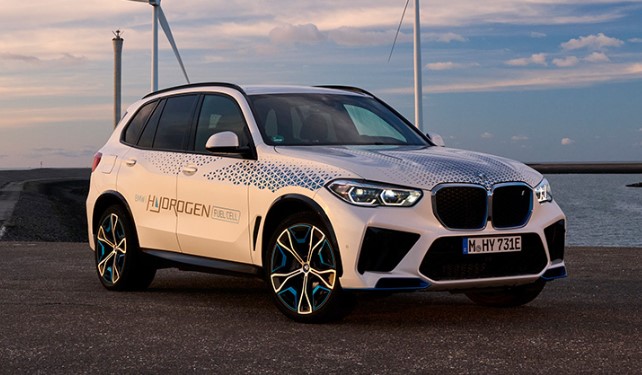EU Puts Pressure on Electric Vehicle Battery Makers Amid Concerns Over Chinese Dependence
Key Ideas
- The European Commission is prioritizing projects in the electric vehicle and hydrogen sectors that do not rely on Chinese components, in a move to boost domestic production and supply chains.
- Projects seeking subsidies must ensure knowledge transfer and register new patents in EU member states to enhance domestic innovation.
- A €1.2 billion auction for increasing hydrogen production sets a limit on the procurement of electrolyzers from China, aligning with the broader goal to reduce dependence on single suppliers.
- The EU's emphasis on reducing reliance on Chinese components highlights a shift towards self-sufficiency and resilience in European industries.
The European Commission has announced measures to favor electric vehicle and hydrogen projects that reduce reliance on Chinese components. Projects seeking funding will need to avoid using cathodes, anodes, and active materials from China. The Commission requires knowledge transfer and patent registration in EU member states for subsidized projects to promote innovation domestically. With a focus on boosting European industry resilience, the Commission's initiatives aim to limit procurement from single suppliers. A €1.2 billion auction for hydrogen projects stipulates a maximum of 25 percent procurement of electrolyzers from China. The EU's broader goal is to decrease dependence on critical raw materials and components from countries outside the EU. This move reflects a growing concern over the overreliance of European countries on Chinese suppliers. By encouraging self-sufficiency and innovation within the EU, these initiatives demonstrate a positive shift towards strengthening domestic manufacturing and supply chains.
